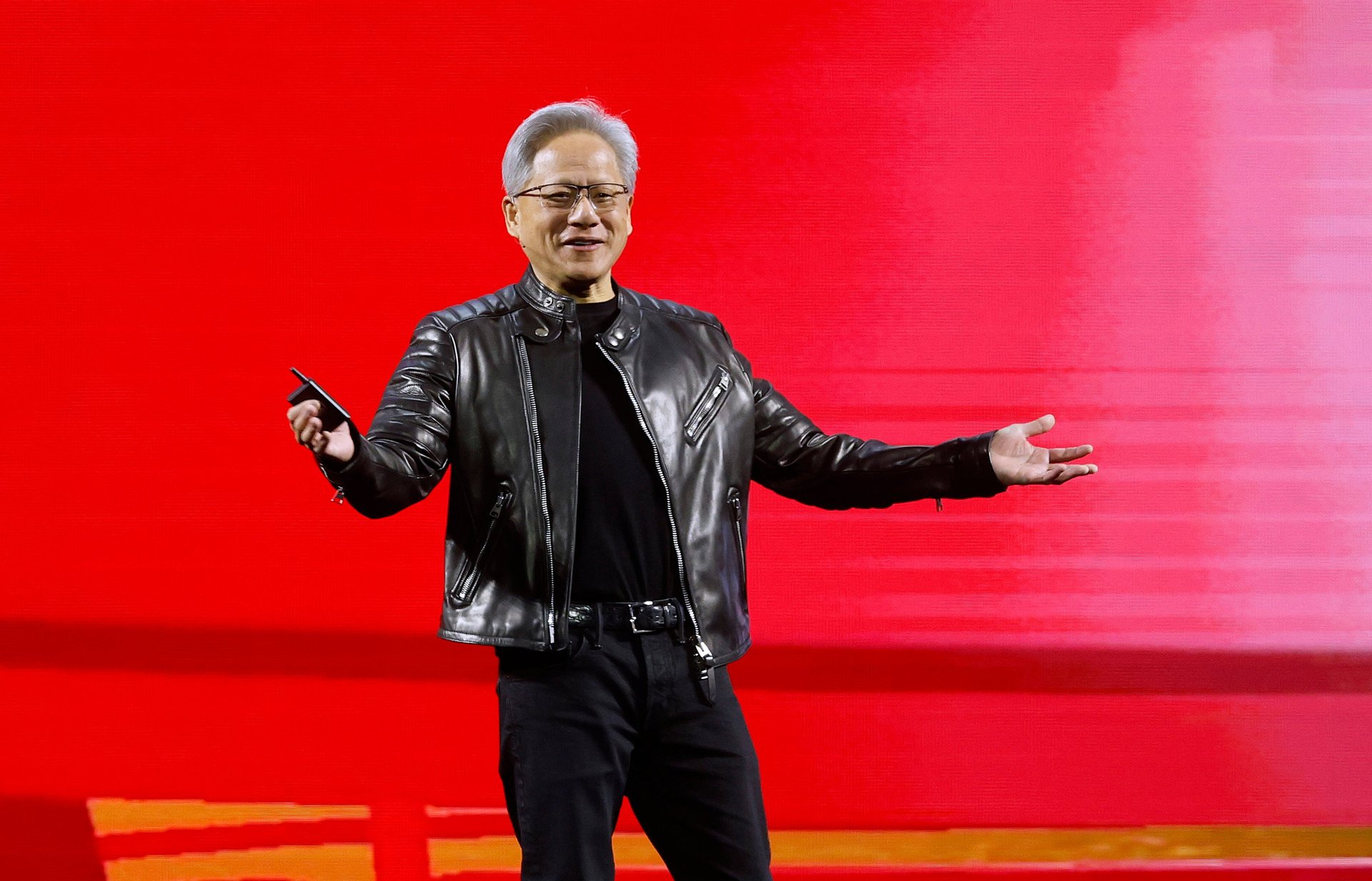Nvidia's CEO went to China and promised to 'unswervingly serve the Chinese market'
A sudden chip ban, a surprise visit to Beijing by Jensen Huang, and fresh scrutiny back home have the tech giant playing defense

Nvidia (NVDA) CEO Jensen Huang made a high-profile trip to Beijing this week following a sudden U.S. government move to block exports of the company’s H20 AI chips to China, The New York Times (NYT) reported.
Suggested Reading
The H20 — a chip Nvidia specifically designed to comply with earlier export restrictions — had become central to the company’s China strategy. But the policy reversal triggered a projected $5.5 billion revenue hit and a nearly 7% drop in Nvidia’s stock price as of Wednesday. Shares are down nearly 3% on Thursday.
Related Content
While in Beijing, Huang met with Chinese trade officials from the China Council for the Promotion of International Trade. According to Chinese state media, he emphasized Nvidia’s commitment to the market, saying the company would “spare no effort” to build compliant products and “unswervingly serve the Chinese market.”
Back in Washington, however, Nvidia is facing rising scrutiny. The House Select Committee on the Chinese Communist Party has launched an investigation into Nvidia’s chip sales across Asia, with a focus on whether the company violated export rules — particularly in relation to the Chinese AI startup DeepSeek, which reportedly stockpiled tens of thousands of advanced chips.
As Wedbush Securities put it in a note Thursday morning, Nvidia and U.S. tech are now “caught in the eye of this Category 5 storm.” The firm called the chip ban the “first shots fired” in what could become a long and painful trade war between the U.S. and China. Analysts expect tech companies to offer little guidance this quarter, and Wedbush estimates 2025 forecasts will be cut by 7–10%.
While the near-term financial damage may be considerable, the strategic risk is even greater. China brought in roughly $17 billion for Nvidia last year — over 19% of its total revenue. If access to that market evaporates, so does a key growth pillar.
And with Washington turning up the heat and Beijing watching closely, Huang’s balancing act — between regulatory compliance and global expansion — just got significantly harder.
